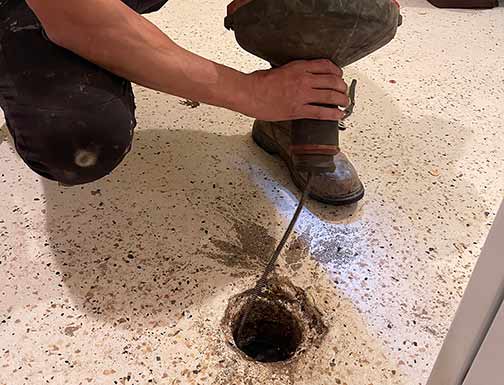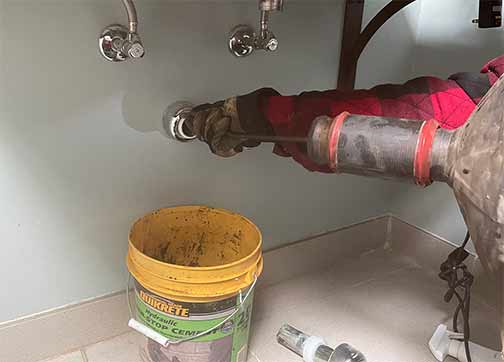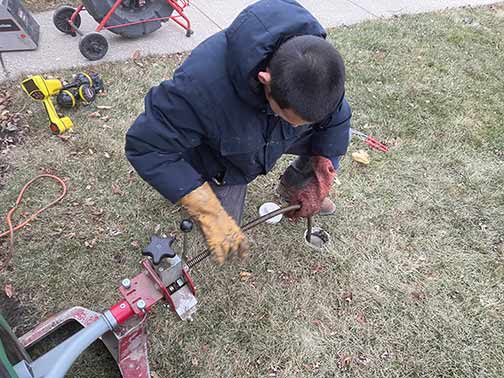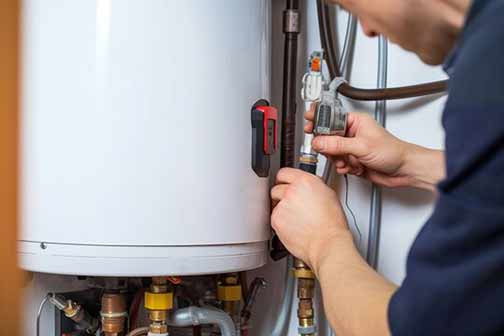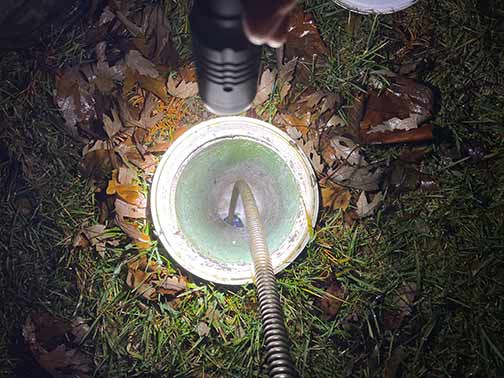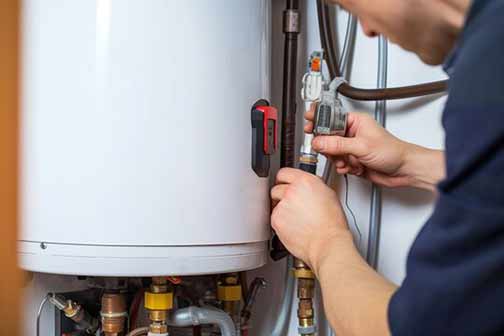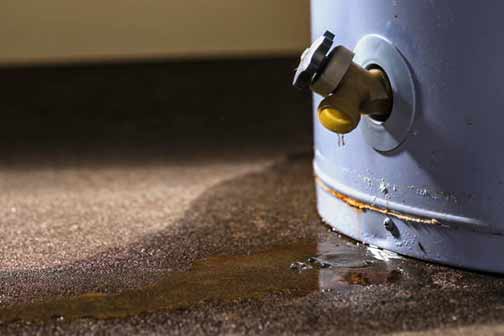Understanding Your Winter Gas Bill
To effectively reduce your winter gas bill in Chicago, it is essential first to understand how it is calculated. Your gas bill typically comprises charges for the amount of gas used, service and delivery charges, and sometimes additional fees or taxes. It’s important to examine past bills to identify usage patterns and periods of high consumption, which can often occur during the coldest winter months.
Understanding the factors that contribute to high gas usage is the key to managing your expenditure better. Chicago’s harsh winter climate can lead to prolonged use of heating systems, driving up your gas consumption. Additionally, inefficient appliances, poor insulation, and outdated heating systems can also increase your overall gas use. By identifying these factors, you can take targeted action to reduce your bill.
The Importance of Proper Insulation
Proper insulation is fundamental to reducing your winter gas bill. Insulating your home effectively minimizes heat loss, ensuring that the warm air generated by your heating system remains inside your home. This can significantly reduce the amount of gas needed to maintain a comfortable temperature.
Focus on areas like the attic, walls, floors, and around windows and doors. Use materials such as fiberglass batts, foam board, or spray foam to enhance insulation. Consider adding weatherstripping around windows and doors to seal gaps and prevent drafts. This straightforward step can lead to substantial savings on your gas bill by reducing the workload on your heating system.
Enhancing Energy Efficiency with Smart Thermostats
Smart thermostats are a game-changer when it comes to managing your home’s heating more efficiently. These devices allow you to program your heating system to operate only when necessary, avoiding energy waste during times when the house is unoccupied or when everyone is asleep.
Many smart thermostats learn your schedule and make automatic adjustments to optimize energy use. They can also be controlled remotely via smartphone apps, providing you with flexibility and control over your heating system no matter where you are. This can help you achieve significant savings on your winter gas bill by ensuring your heating system operates efficiently and only when needed.
Regular Maintenance and Heating System Checks
Regular maintenance and checks on your heating system are crucial to ensure it is operating at peak efficiency. A well-maintained system uses less gas and provides better heating. Make sure to schedule annual maintenance with a qualified technician who can inspect and clean components such as burners, heat exchangers, and filters.
During these checks, the technician can also identify and address any issues that could be causing your system to run inefficiently. Replacing filters regularly and ensuring that vents are not obstructed are simple steps you can take to maintain your heating system’s efficiency. Regular maintenance can prevent costly breakdowns and improve the overall performance of your system, leading to lower gas bills.
Utilizing Energy-Efficient Appliances
Investing in energy-efficient appliances can have a marked impact on your winter gas bill. Modern appliances are designed to use gas more efficiently, reducing consumption while providing the same or better performance. Look for appliances with the ENERGY STAR label, which indicates they meet or exceed federal energy-efficiency standards.
Consider upgrading your furnace to a high-efficiency model, which can offer substantial savings in the long run. Also, smaller appliances and fixtures such as water heaters, space heaters, and gas fireplaces should be checked for efficiency. Using energy-efficient appliances not only reduces your gas bill but also contributes to a greener environment by lowering your overall energy consumption.
Cost-Effective Solutions for Home Heating
In addition to investing in the latest appliances and making structural changes, there are cost-effective solutions you can implement to reduce your home heating costs. For example, using window treatments like heavy curtains or thermal blinds can help to retain heat inside your home.
Utilize space heaters in occupied rooms to reduce the need for central heating. Layering clothing and using blankets can also help keep you warm without relying solely on your heating system. Simple changes like closing doors to unused rooms and using draft stoppers can also make a significant difference in your overall heating costs.

Modern appliances are designed to use gas more efficiently, reducing consumption while providing the same or better performance.
Simple Lifestyle Changes to Reduce Energy Consumption
Simple lifestyle changes can lead to considerable savings on your winter gas bill. Begin by lowering your thermostat by a few degrees. Even a small reduction can lead to significant savings. Embrace the habit of turning down the heat at night and when you’re not at home.
Wearing warmer clothing indoors and utilizing additional bedding at night can allow you to comfortably lower the thermostat. Limiting the use of hot water and taking shorter showers can also contribute to lower gas consumption. By adopting small changes in your daily routine, you can reduce your gas usage and save money on your bill.
Leveraging Government Rebates and Incentive Programs
Federal, state, and local governments, as well as utility companies, often offer rebates and incentive programs to encourage energy efficiency. These programs can provide financial assistance or rebates for purchasing energy-efficient appliances, making home improvements, or upgrading heating systems.
Research available programs in your area and take advantage of these opportunities. They can significantly reduce the upfront costs of energy-efficient upgrades and lead to substantial savings on your winter gas bill. Familiarizing yourself with these programs and applying for eligible rebates can be a cost-effective way to enhance your home’s energy efficiency.
Engaging Professional Energy Audits
Having a professional energy audit conducted on your home is one of the best ways to identify areas where you can improve energy efficiency. Energy auditors use specialized equipment to detect air leaks, inadequate insulation, and other inefficiencies that could be driving up your gas consumption.
The auditor will provide a comprehensive report outlining specific recommendations to enhance your home’s energy efficiency. Following these recommendations can lead to considerable savings on your gas bill. Professional energy audits provide valuable insights that can help you make informed decisions about where to invest in improvements for maximum energy savings.
Final Thoughts: Cultivating Long-Term Energy-Saving Habits
Reducing your winter gas bill in Chicago requires a combination of smart investments, regular maintenance, and lifestyle changes. By understanding the factors that contribute to high gas usage and taking proactive steps to address them, you can achieve substantial savings.
Long-term energy-saving habits, such as regular maintenance, using energy-efficient appliances, and making lifestyle adjustments, can help you manage your gas bill year after year. Cultivating these habits not only reduces your expenses but also contributes to a more sustainable and environmentally friendly home.
Implement the strategies outlined in this article to enjoy a more comfortable and cost-effective winter season. With proper planning and a commitment to energy efficiency, you can successfully lower your gas bill and create a more energy-efficient home.

